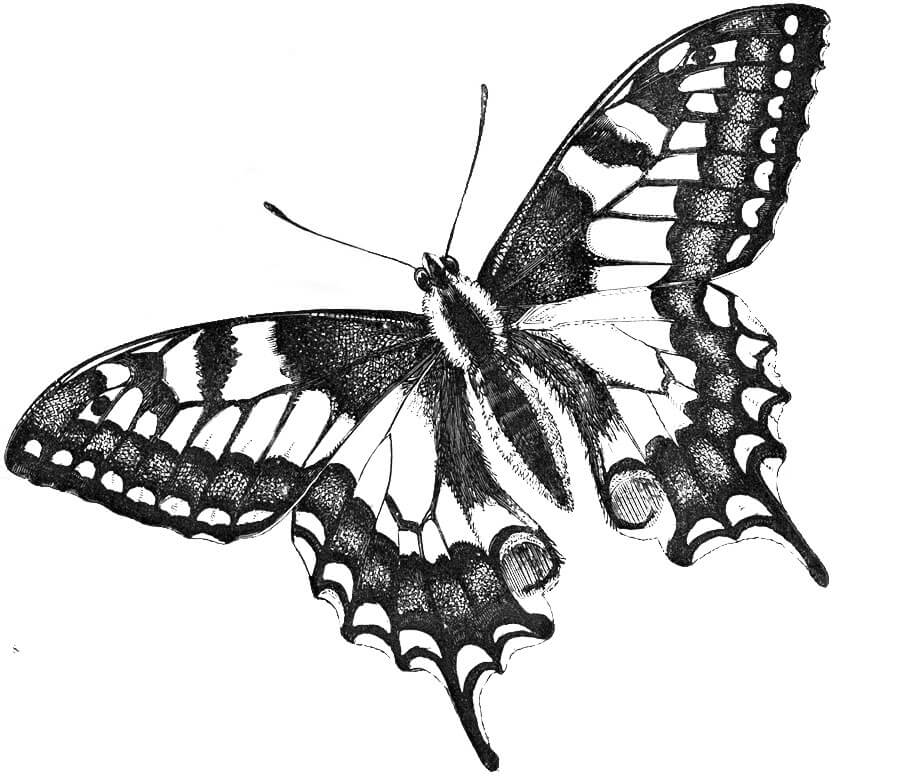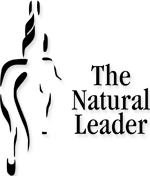My Kindle gives me access to thousands of titles, however there is something tangible about a book I prefer.
“Riding is simply the act of not falling off, horsemanship is where the art lies.”
“How you do anything is how you do everything.”
Whether you have considered it or not the qualities we need for Leadership and Horsemanship are similar, the results come back to how we behave.
Why is it so difficult to just listen?
It may be a bit easier to understand after watching Micheal Sikorsky‘s Walrus Talk on Innovation. Early in the history of documentation writing was one long script with breaks only appearing at the edge of the page. With nothing but time capturing knowledge through writing was the domain of Monks and it stayed that way for quite a few years. Though as more learned to read and write spaces began to appear to make the messages more meaningful and easier to understand.At least that is how Sikorsky, founder of Robot’sNPencils, introduces the invention of ‘The Space’.
Albert Einstein wrote, “The intuitive mind is a sacred gift and the rational mind is a faithful servant. We have created a society that honors the servant and has forgotten the gift.”
Ever had that conversation that could have gone better? What you could have done differently or should have said that just might have changed the outcome?
or as a fine horseman once suggested being able to recognize: “What happened, before what happened, happened?” ¹
Well, it happened! Fortunately the spring dirt is relatively soft so with a quick scan that all body parts were intact, I picked myself up, gathered up the reins of the horse still staring in mortal fear at the object and got ready to get back on. The older I get the more I wish I’d listened to what the horse had been telling me before they had to scream.
“Two philosophies of leadership have been growing up in parallel. On the one hand is the philosophy that espouses the natural, the gentle, the judicious, the humane. On the other, the rough and severe. Both philosophies of training produced well trained organizations, but only one also produced well-trained leaders.”
Paul Belasik, Exploring Dressage Technique
I had to trust her, I was reaching to pick up a back foot. It had taken the better part of a year to get to this point and if actions reflect thoughts, trust had to be visible in everything I did. I had to trust me.
Pheobe joined the herd when a divorce required the assets be divided. Her trip to the meat pen was intercepted by a friend who put out a call for anyone willing to take on mares in foal. My offer to take a couple was clearly emotional as the logic of taking on four more horses typically requires planning.

 float like a butterfly
float like a butterfly
sting like a bee
If those two lines don’t bring up a great visual, Muhammad Ali will likely come to mind.
Carol Dweck’s book Mindset, The New Psychology of Success, and her TEDTalk introduced me to the two less familiar lines of the poem.
your hands can’t hit
what your eyes can’t see
Ali was on to something, he excelled in his ability to see and respond in split-second timing, but he was not the typical candidate for a great fighter. Ali was too small, his arms were too short, his bad boxing form was wrong, and yet he was able to knock out many an opponent. Ali was an outlier in the ring, he was able to outthink his opponent.
In Mindset, Dweck explores how what we believe can pre-determine the outcome. “The view you adopt for yourself profoundly affects the way you lead your life.” It’s not either/or – the nature, nurture, genes, or environment debate, but rather how what we believe, influences the choices we make. Ali believed he was a great fighter.
Seeing and responding in the moment is a skill that requires awareness and practice.
That is what working with horses has taught me. As soon as I begin to assume an outcome with a horse, they will surely outfox me. Each colt I start is similar, and oh so different, it is up to me to find where I need to assist and where I have to get out of the way. Easier said than done, as like a boxer, sometimes it is split-second timing that determines whether you stay in the saddle or hit the dirt.
In working with a horse we need to be as effective as a fly without being as annoying as one. It never ceases to amaze me how often people begin their participation in The Natural Leader programs with the statement, “I won’t be able to get the horse to do anything”. According to Dweck, this is a fixed mindset, and quite often they do prove themselves to be correct. They either don’t try or work too hard to make the horse comply. With a little coaching some can turn the liability of a fixed mindset, into one of growth.
What I love about “being effective as a fly” is that it suggests that it isn’t about strength, or trying harder, but it truly is about exploring what it will take to connect with the horse in a way that the horse understands your intention. It is about taking the time it will take.
Fortunately, workplace conversations don’t often require split-second decisions that boxing or horses might. Starting a conversation from a growth mindset is what coaching is all about. Listening and observing to what is happening and being said allows us to ask questions that truly can determine the outcome of the conversation.
Our ability to see is only limited by how we decide to look. The image of one participant comes to mind, he was having so much fun with the tasks we had given him, he backed Seth over the bridge.
The task was to get the horses to go forward over it. With no previous horse experience, this gentleman had approached the problem as something that could be explored. He had Seth step up a full 10” backwards on a 3 foot wide bridge. For those of you who know horses that is no small feat!
Employing the growth mindset and embracing the idea of being effective as a fly Seth and his partner floated around the arena, asking Seth to do what I hadn’t even imagined. I have lost touch with that individual, but he continues to impact others as I share his story in an effort to inspire others to find a growth mindset.





